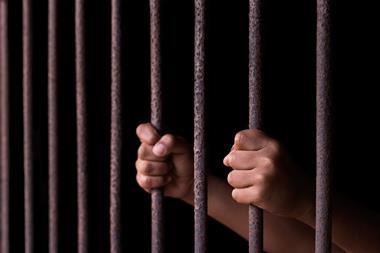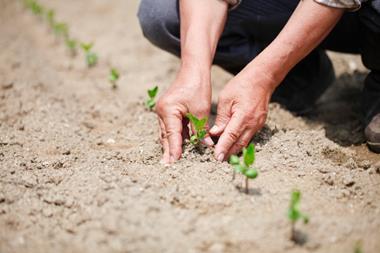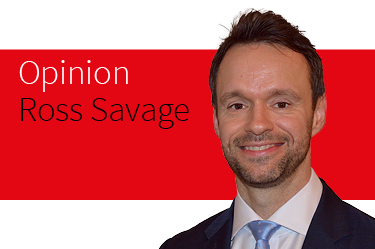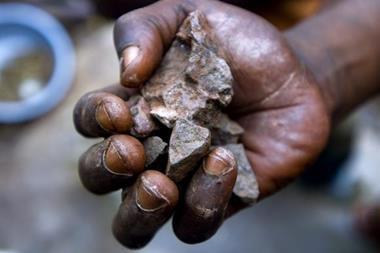The challenges of maintaining responsible supply chains are becoming more difficult as human rights violations grow
The last 18 months have seen health crises, disasters, conflict and widespread human rights violations flare up in the world’s major sourcing countries, making the challenges of maintaining responsible supply chains more difficult than ever.
According to new research from Verisk Maplecroft these recent events are more than an aberration, they form part of a sustained trend where the rights of workers are under increasing threat from multiple directions.
Across the board, the company’s risk indices show that child labour, decent wages, discrimination, forced labour, health and safety, and the exploitation of migrants in the workplace have worsened globally for the past five years.
And nowhere is this happening more than within the world’s manufacturing hubs.
This decline, all taking place amid a pandemic, presents a set of dilemmas for ethical procurement for which the risk intelligence firm says there are no easy answers.
The latest annual edition of Verisk Maplecroft’s Modern Slavery Index shows that over the last five years Myanmar, Bangladesh, Vietnam and Cambodia have all plunged from ‘high’ to ‘extreme’ risk in the ranking of 198 countries to join the likes of China, Pakistan and DR Congo.
Their inclusion means the number of countries in the highest risk category of the index has jumped to 30 since 2017, up from 25.
In this period, Vietnam (ranked the 26th riskiest country globally) and Cambodia (28th) have seen the largest fall in rankings in Southeast Asia, dropping 53 and 36 places respectively, due to an intensification in violations and a deterioration in the enforcement of labour laws.
The data finds that approximately 2.2 billion people live in areas that record the worst possible score for violations.
“Widespread reports of human rights violations against the Uyghur population in Xinjiang have turned the global court of public opinion against Beijing,” says Sofia Nazalya, human rights analyst at Verisk Maplecroft.
“Pressure on brands sourcing from the region is building, not least from US sanctions targeting raw materials and products produced there, but also from a range of international sanctions on Chinese officials and companies.”
It is, therefore, unsurprising to see that the region is one of two in China that is rated ‘extreme’ risk in Verisk Maplecroft’s Subnational Modern Slavery Index – the other being Tibet.
However, the situation in Xinjiang has opened a Pandora’s box for companies, which must perform a delicate balancing act of remaining in-country on the one hand and meeting their responsible sourcing obligations on the other.
As investors increasingly incorporate ESG strategies into their investment formulas, any dealings in Xinjiang are also likely to create material risks. To avoid increasing scrutiny, many companies are now seeking alternative suppliers.




















No comments yet